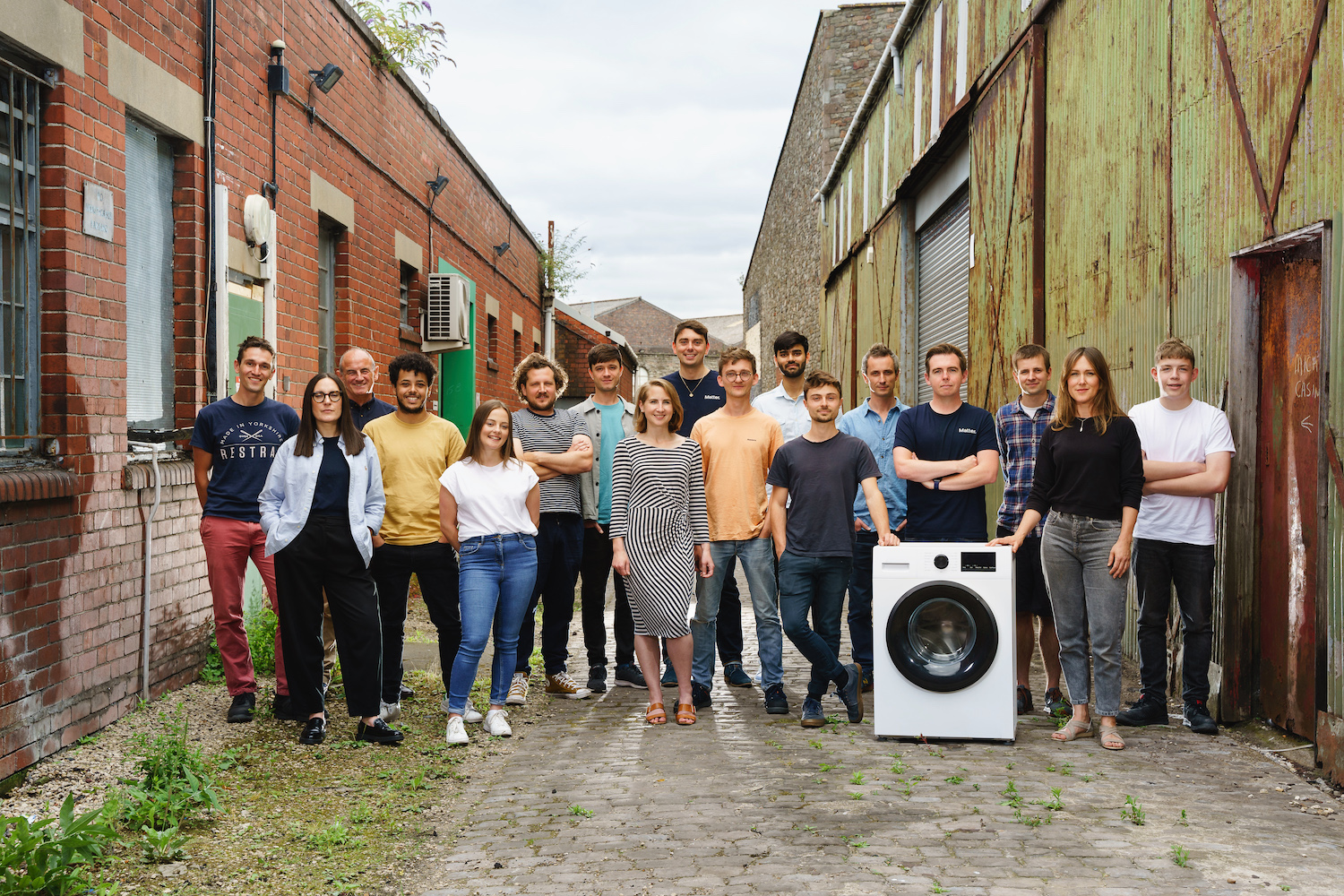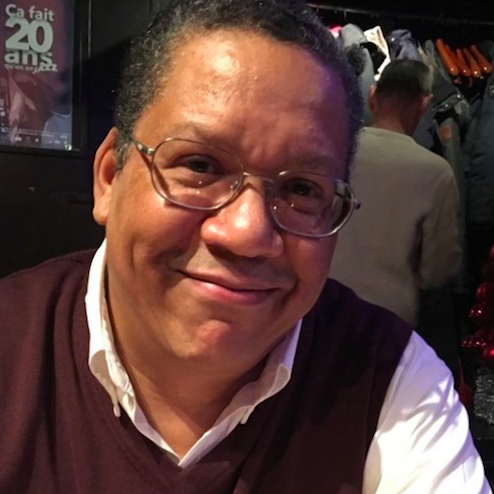
The Gulp microfiber filter for washing machines catches up to 90 percent of the microfibers released from each load of laundry.
The accumulation of microplastics in the environment has drastically increased since 2006, resulting in over 170 trillion microplastic particles in the world’s oceans, researchers estimated in a recent study. The authors highlight years of increased plastic production and waste generation as potential culprits. Plastic can be found in almost everything, including fabrics like polyester and nylon. And laundering clothes that are made with those fabrics is a primary source of the microplastic pollution that makes its way into waterways and, eventually, the ocean.
Roughly 60 percent of all textiles are made from plastic fibers, which can release up to 700,000 microplastic fibers each laundry cycle that do not break down naturally, according to Gulp, a company offering a potential solution to this problem.
Gulp’s washing machine filter is the first sustainable, long-lasting, microfiber filter of its kind. And it catches up to 90 percent of the microfibers from each load of laundry.
“Gulp is about creating a long-term solution for one of the biggest challenges of our time. Gulp is a sustainable, scalable piece of technology that empowers people to become part of the solution and make a real difference,” Adam Root, the founder and CEO of Gulp’s parent company, Matter, said in a statement. “It’s easy to install and use, and it’s designed to fit washing machines across Europe in millions of homes."
Consumers don’t need a plumber to install the self-cleaning filter. It connects to washing machines with simple push-fit connections compatible with the standard hoses in the U.K. and EU. An LED light signals when the filter is full, and consumers have the option of sending the filtered microfibers back to Matter for analysis or disposing of them in their trash. The majority of landfill sites in the U.K. and Europe are sealed due to the regulatory requirements, so the filtered microfibers likely will not end up leeching into nearby waterways.

Matter recently raised $10 million of Series A funding that enables the company to scale its microplastic filtration technology and accelerate its solutions for commercial and industrial applications. The funding is “rocket fuel across the entire business,” Root told us.
“We are looking at how we can scale the laundry side of the business, but also we’re moving to the industrial space, such as wastewater treatment plants, textiles, factories, really developing it at scale,” Root said. While Matter is moving forward with scaling its industrial technology, the Gulp filter is probably the product closest to being ready for broad commercial application.
A major driver of Matter’s effort to scale is the legislative environment, Root said. France set the benchmark as the first country to take legislative steps in the fight against plastic microfiber pollution with mandatory microfiber filters on washing machines to be introduced by 2025.
In the United States, a microfiber filtration bill was also introduced in California, the world’s largest sub-national economy. Starting in 2029, all new washing machines sold in the state must contain a microfiber filtration system with a mesh size of 100 micrometers or less. The bill passed its first committee hearing in March 2023.
“The legislation moving into place is moving the big players. There are around eight manufacturers to represent about 80 percent of the West’s market for [washing machines],” Root said. “Matter’s position is to be a brand behind a brand, so we are really looking at us working into other people’s supply chains and then scaling it through to get into the mass market. I think legislation will be a big driver toward that, and that will then enable the biggest players to be moving in that space.”
The Gulp filter is only available in the U.K. and EU, but the company is working to introduce the technology in the United States in roughly a year and a half, Root said.
In the meantime, educating consumers about the problems posed by plastic microfiber pollution — and that current options for dealing with the problem may do more harm than good — is really important, Root said.
“We’ve seen disposable filtration systems coming onto the market, but you are throwing away more plastic than you are capturing, so that’s not going to work at scale,” he said.
In addition, there needs to be greater awareness of the impact of microfiber pollution on microorganisms, such as the plankton that live in bodies of water, consume carbon dioxide for food, and release oxygen back into the environment, Root said.
“These guys represent the largest sequestration of carbon on our planet and also produce the majority of the world’s oxygen,” he said. “People think of washing machines and oceans being so disconnected, but unfortunately they’ve never been so connected in our time.”
Images courtesy of Matter

Gary E. Frank is a writer with more than 30 years of experience encompassing journalism, marketing, media relations, speech writing, university communications and corporate communications.














